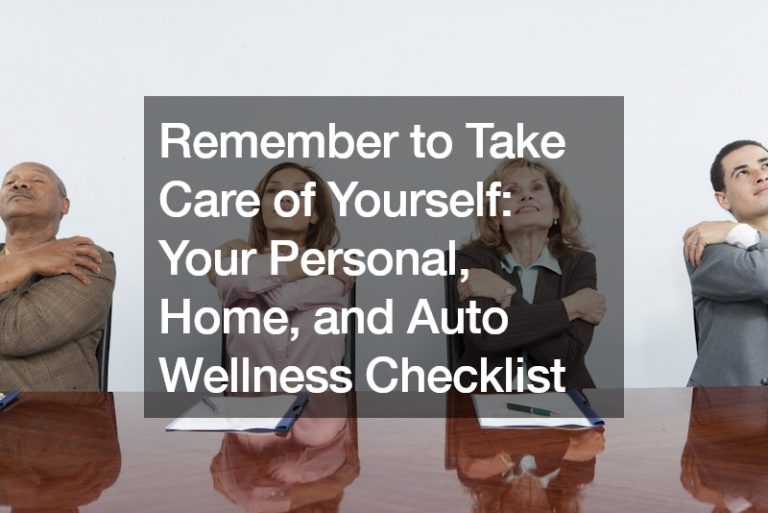Adults, teens, and seniors could fall victim to alcohol, illegal drugs, and other substances such as tobacco and marijuana.
With such a widespread scale, it’s critical that those who became addicted to harmful substances be given the emotional, spiritual, and medical support they need.
Aside from medical health workers, friends, colleagues, and families of substance abuse victims should also do their part in ensuring that victims can overcome their addiction and thrive afterward.
If you happen to know someone who is currently battling an addiction, you should be proactive to succeed in helping that person.
Here are some of the best ways to help someone with a form of addiction.
1. Be observant.
There are times when persons with addiction do not exhibit obvious signs of fear of rejection from people close to them. There are also cases when there are clues in their behavior, but such clues are too subtle to be noticed easily. As such, you should be observant enough to spot these trouble signs and do the necessary intervention measures.
Some symptoms of addiction include neglecting daily work or household chores, abandoning hobbies, and a sudden shift in behavior or attitude towards other people. The earlier these clues are identified, the better for the person with an addiction problem.
2. Learn the proper way of talking with someone battling addiction.
Individuals suffering from addiction are victims and should be treated and approached as one. The old way of handling such a case is to confront the person with addiction; however, recent studies show that such a strong approach can be counter-productive.
If you suspect that someone close to you has this problem, you should seek advice from a counselor or substance abuse expert about the proper way of talking with addiction patients. This is critical since an improper approach could only push the person away and refrain from accepting any intervention attempt.

3. Don’t become an enabler.
One of the worst things you could do is become an enabler; that is, to actually make the person feel that it’s okay to continue his or her addiction. But how does one become an enabler?
- Covering up the person’s addiction
- Giving or lending the person money
- Bailing the person out each time
- Letting the person continue the addiction
- Neglecting one’s own need and safety for the person with addiction
No matter how much you think you’re kind to the person for doing any or all of these things, you’re actually making matters worse. So, avoid becoming an enabler at all costs.
4. Seek professional help.
You should immediately seek assistance from qualified professionals, such as substance abuse counselors or medical personnel. Do not take matters into your own hand in hopes of containing the problem within your circle. Without the required training to deal with such a case, your best course of action is to let the professionals do the necessary intervention.
If you’re located in Idaho, there are reputable drug treatment centers that you can tap to provide in-house addiction treatment to your loved one. These centers have qualified personnel and appropriate facilities for people with addiction, so they are the best place to entrust your loved one to.
5. Be with them whenever possible.
Just because your loved one or friend already finished rehabilitation doesn’t mean that he or she is in the clear, so to speak. A recovering addict must receive emotional and moral support from people they love and trust. Don’t let the person on his or her own just because the rehabilitation is over.
With these five tips, you could effectively help your loved one overcome the addiction and turn over a new life for the better.






